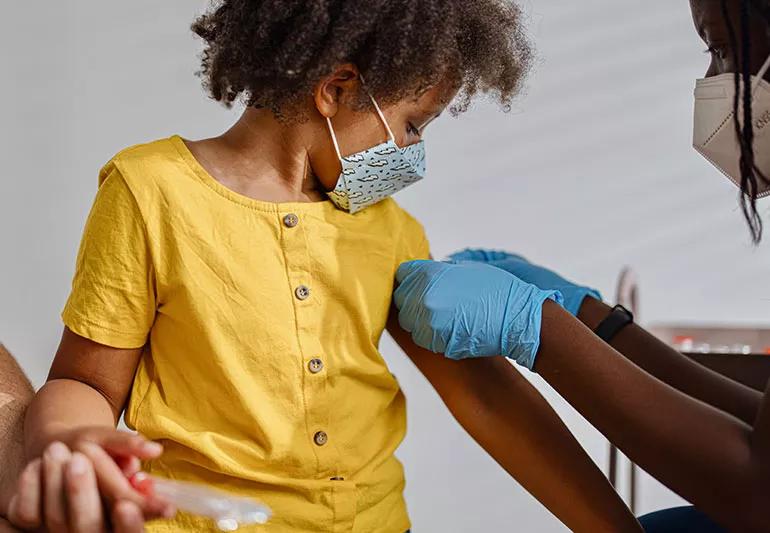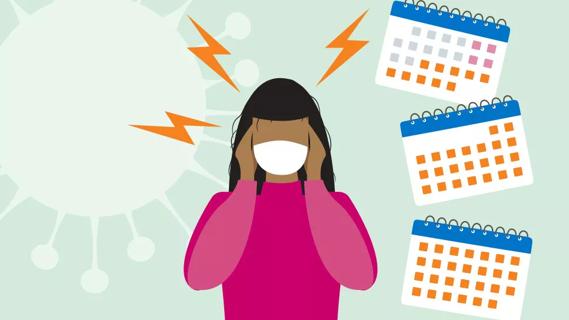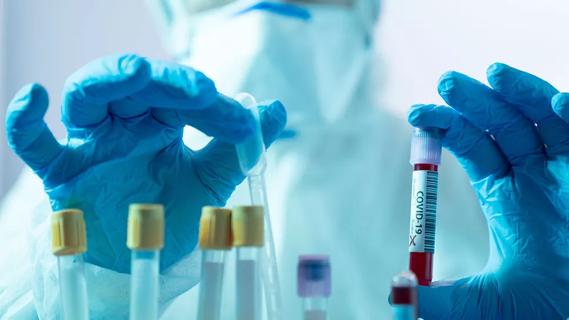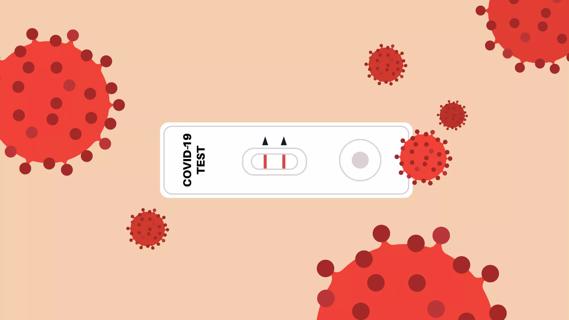A pediatrician answers your pressing questions about vaccinating children

Twenty-eight million of America’s youngest residents are now eligible to receive a COVID-19 vaccine to help slow the spread of the deadly disease.
Advertisement
Cleveland Clinic is a non-profit academic medical center. Advertising on our site helps support our mission. We do not endorse non-Cleveland Clinic products or services. Policy
Children ages 5 to 11 can now receive the Pfizer COVID-19 vaccine following approval for emergency use from the U.S. Food and Drug Administration and authorization by the Centers for Disease Control and Prevention.
Earlier this year, the agencies approved the Pfizer vaccine for emergency use in children ages 12 to 15 and fully approved for those 16+. (The Moderna and Johnson & Johnson vaccines are still only available to people ages 18 and over.)
“Vaccination has proven to be one of the best ways to slow the spread of the virus,” says pediatrician Kimberly Giuliano, MD. “We encourage everyone who is eligible, including children, to get vaccinated.”
She explains what vaccine eligibility means for this new age group, in particular.
A: Yes. COVID-19 vaccines have been through rigorous clinical trials designed specifically for children. Because children’s immune systems are different than adults and change as they age, vaccines are being tested and approved for different age groups.
“They are safe and effective at preventing serious illness, hospitalization and death from COVID-19,” says Dr. Giuliano.
The COVID-19 dose for children ages 5 to 11 is smaller than what has been approved for those who are 12 and older. It will be delivered by needles and stored in orange-capped vials to avoid a mix-up with the larger doses.
Advertisement
A: Having as many people as possible vaccinated against COVID-19 is the most effective way to control the pandemic.
While it’s true that children have generally had milder cases of COVID-19 than adults, kids can and have become severely ill. In addition, children who recover from COVID-19 may suffer from prolonged symptoms just like adults.
Children can develop multisystem inflammatory syndrome in children (MIS-C) following a COVID-19 infection. MIS-C is associated with a surge of inflammation of the blood vessels, specifically with the heart and coronary arteries.
“The dangers are very real,” says Dr. Giuliano.
Vaccinating 5- to 11-year-olds also moves the country closer to getting the pandemic under control. Children who are infected can transmit the virus to someone else, putting those they are closest to at risk.
“Vaccines are the best way to protect your child, your community and your loved ones from the disease,” says Dr. Giuliano.
With this expanded eligibility, an estimated 94% of the total U.S. population is now eligible to receive the COVID-19 vaccine.
A: Maybe. Children are susceptible to the same side effects of the COVID-19 vaccine as adults, but they’re generally mild. They include:
As in adults, serious side effects in children are rare.
There are reports of myocarditis and pericarditis — an inflammation of the heart muscle and capsule — following vaccination with mRNA vaccines (such as Pfizer’s). Young males appear to be more at risk for this rare complication.
If it occurs, it is more likely to happen within a week after the first dose or following the second dose. The majority recover without aftereffects.
“It is important to note that the risk of getting myocarditis from the vaccine is extremely low,” says Dr. Giuliano. “Children are more likely to get myocarditis from a COVID-19 infection than from the vaccine.”
A: No. Some parents have worried whether the COVID-19 vaccine might affect their children’s reproductive capabilities in adulthood, but doctors say this concern isn’t backed by science. “There is no evidence that the COVID-19 vaccine affects a person’s fertility,” Dr. Giuliano says.
In fact, the American Society for Reproductive Medicine encourages everyone, including pregnant people and those who hope to become pregnant in the future, to get a COVID-19 vaccine.
A: While there’s no clear-cut timeline yet, some drug companies are expanding their vaccine clinical trials to include younger children and babies as young as 6 months old.
Advertisement
Advertisement
Learn more about our editorial process.
Advertisement

The short answer: It’s complicated, but the basic care precautions still prevail, like washing your hands and isolating if you’re sick

They can feel like a typical headache or a migraine headache, but the pain can last for weeks to months

Any large social gathering — from a family birthday party to an indoor music concert — has the potential to spread serious infection

It’s important to connect with a healthcare provider, get quality sleep and balance your activities with your energy levels

Just like the flu, COVID-19 will continue to evolve every year

The duration varies, but symptoms can linger for a few days up to a couple weeks or more

Vaccination is best for prevention, but if you get sick with COVID-19, treatments are available

The virus lives best in humans, but it can last on hard surfaces, like doorknobs and railings

Type 2 diabetes isn’t inevitable with these dietary changes

Applying a hot or cold compress can help with pain